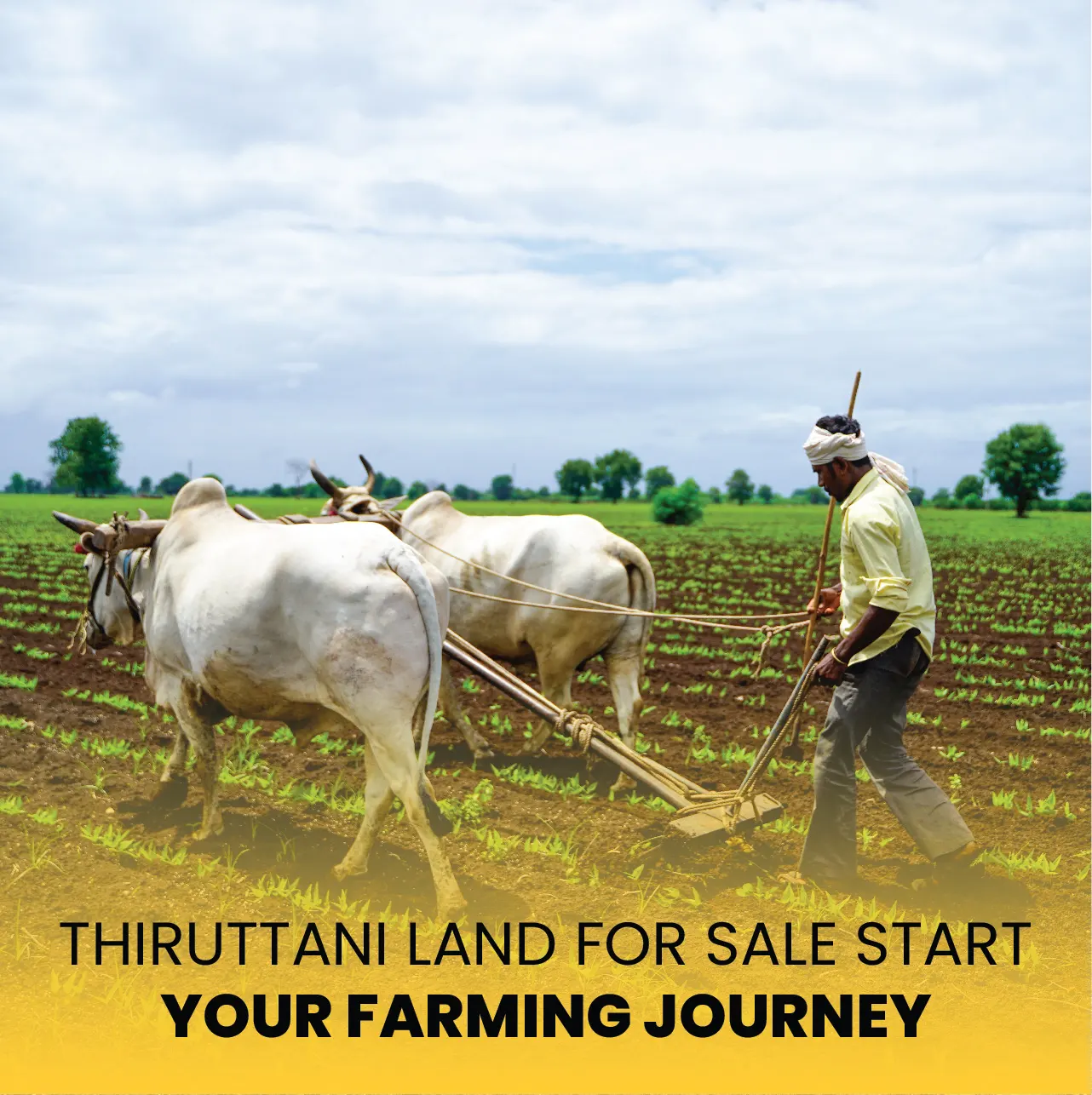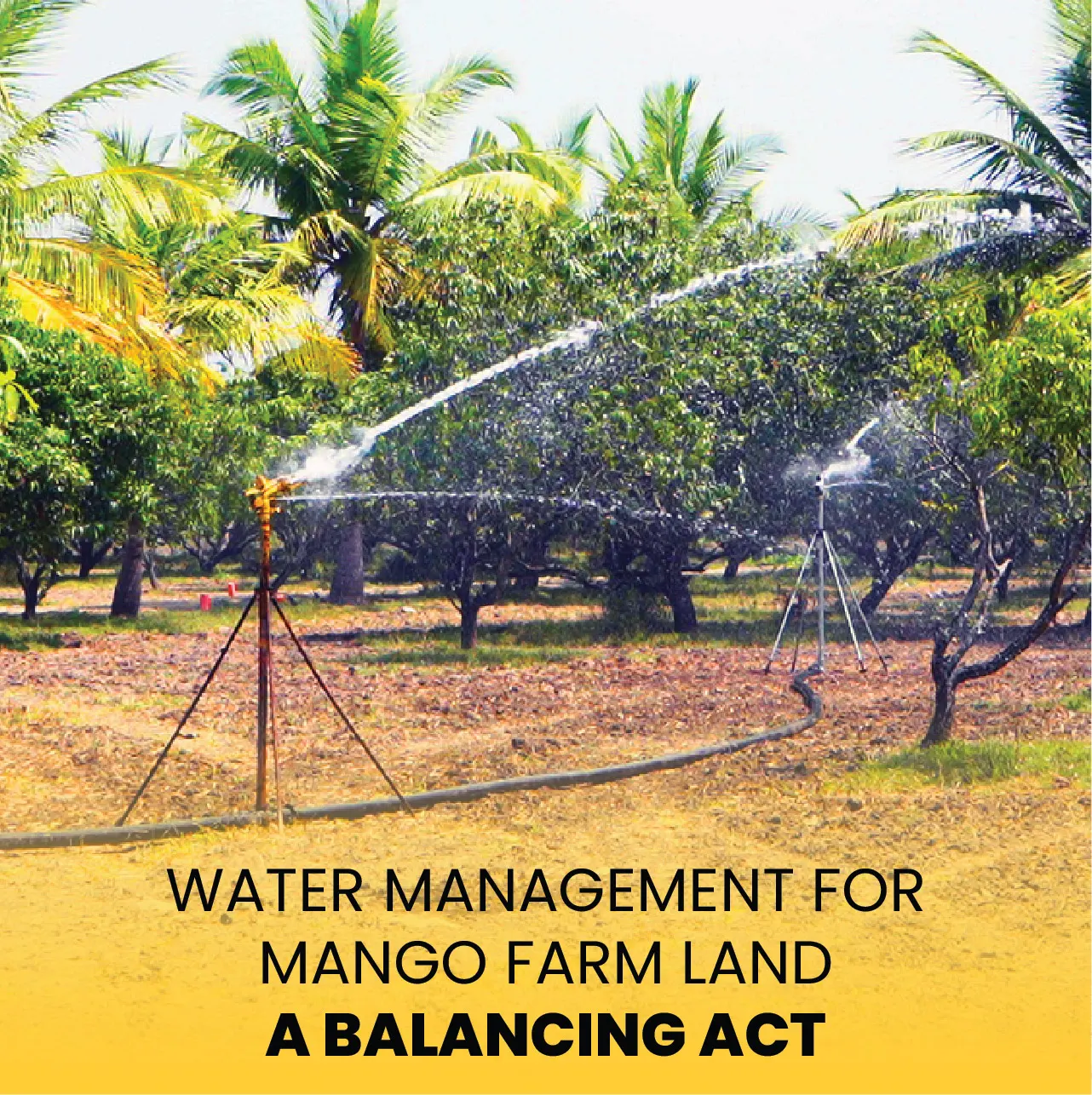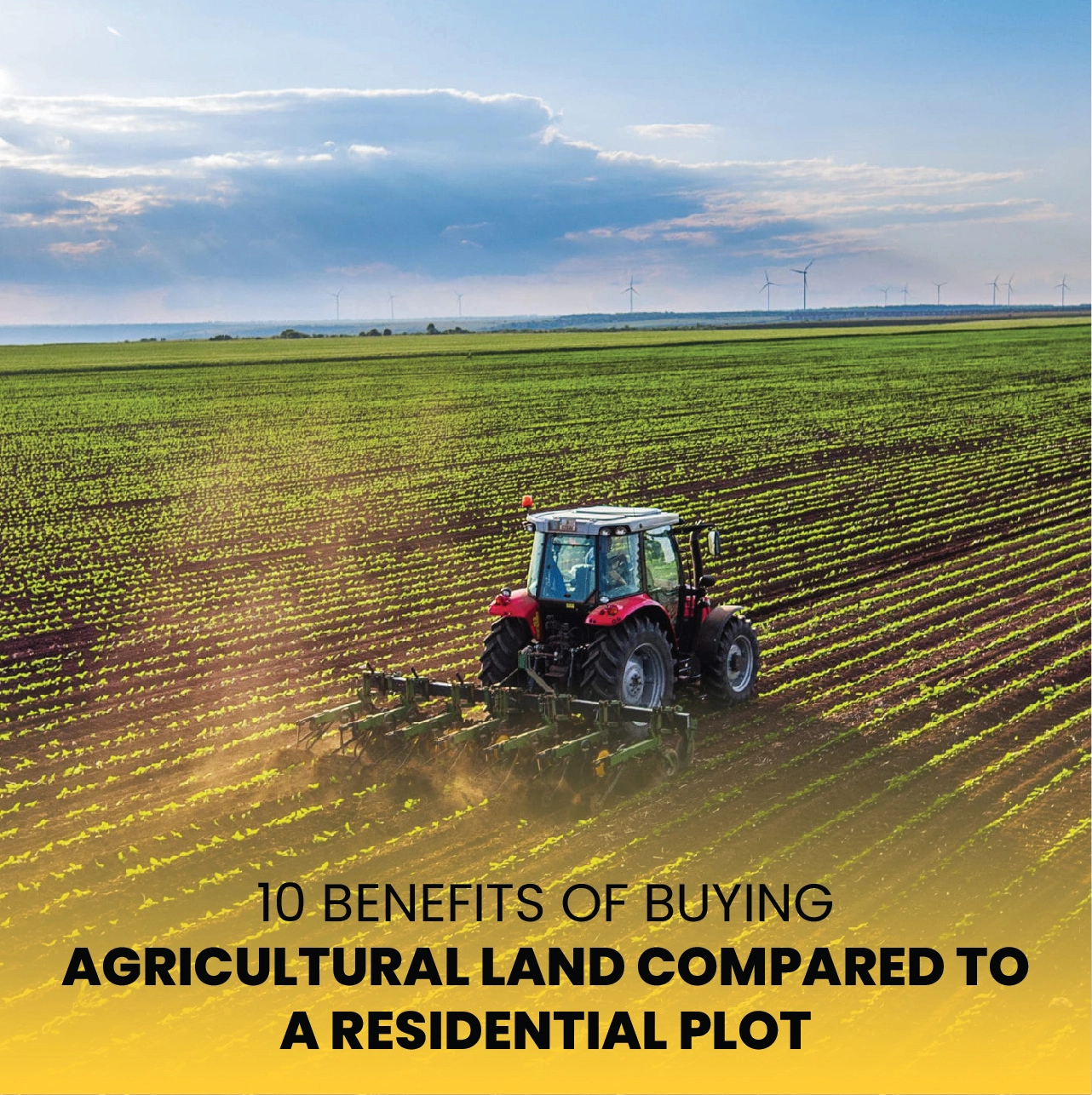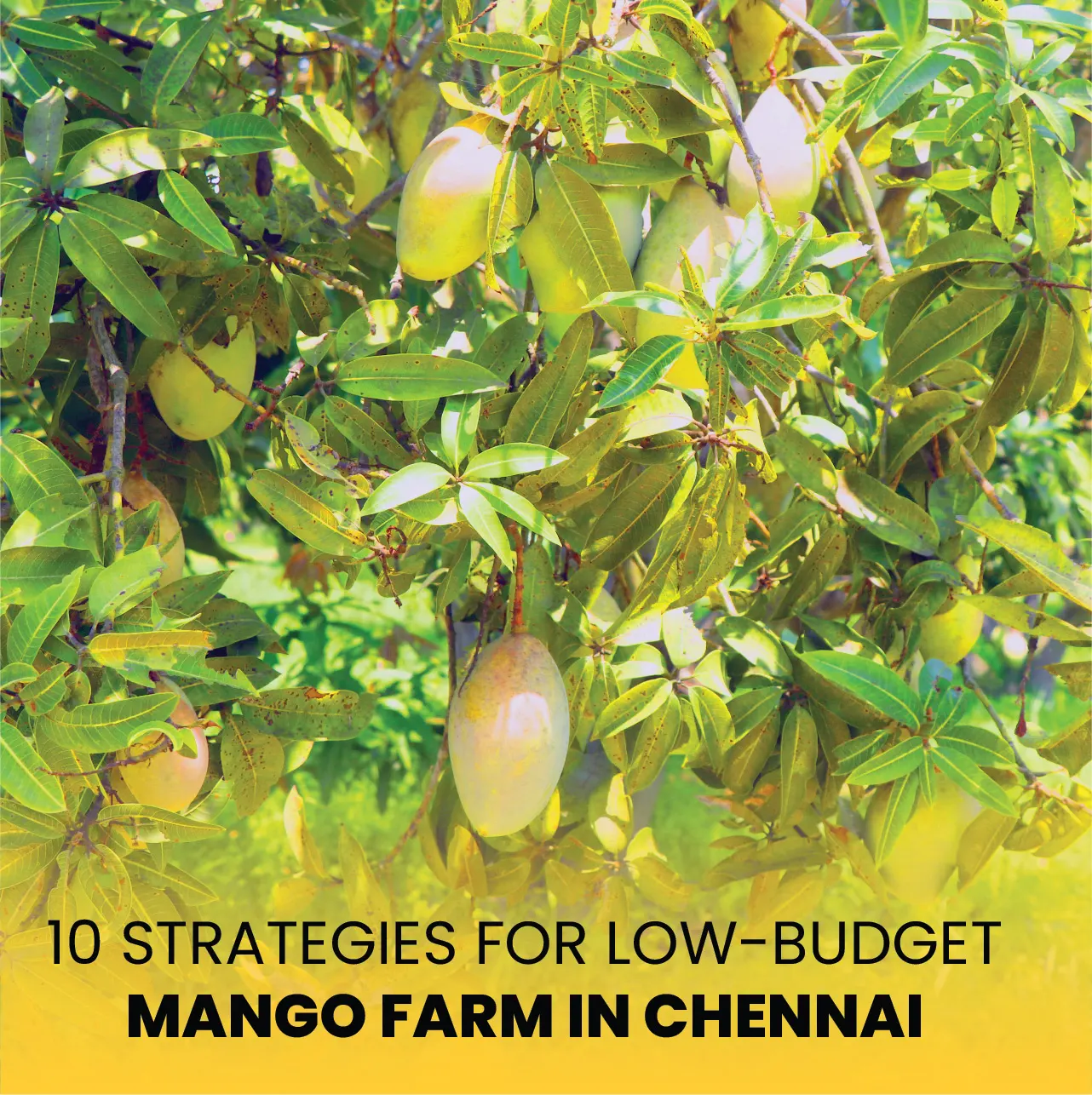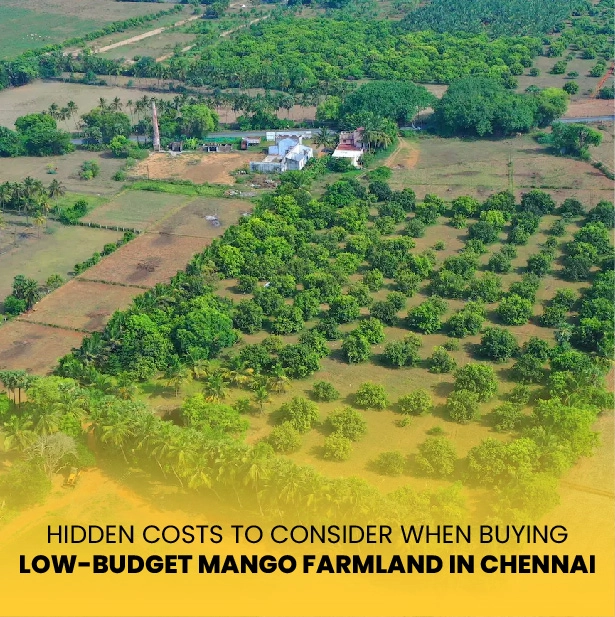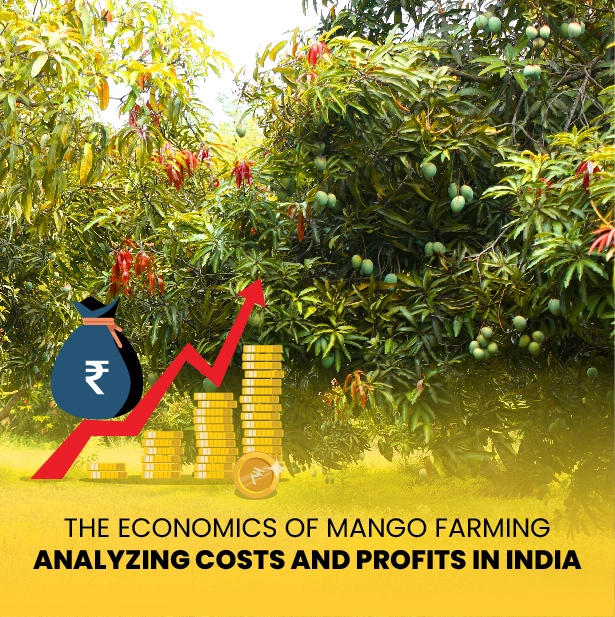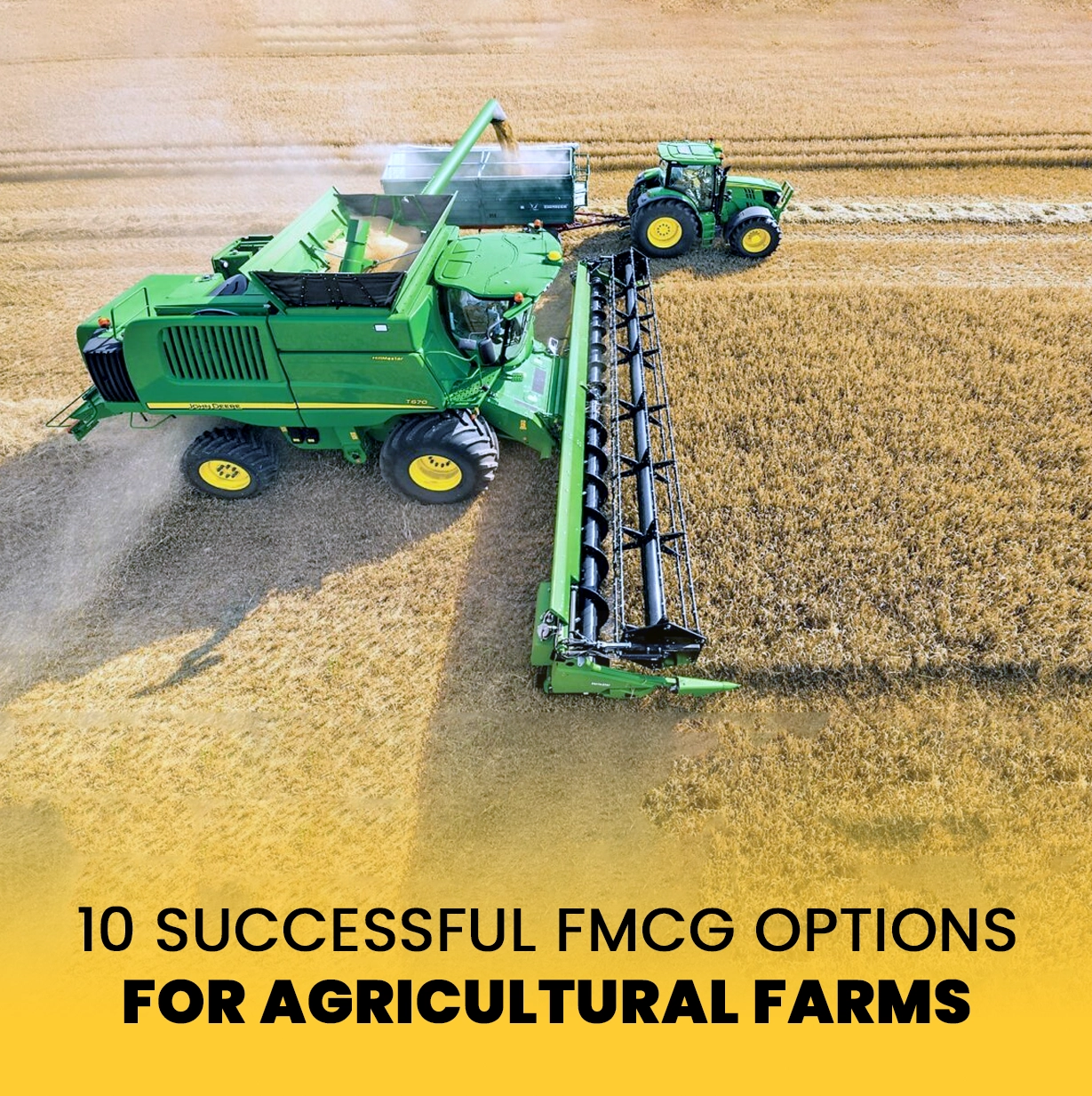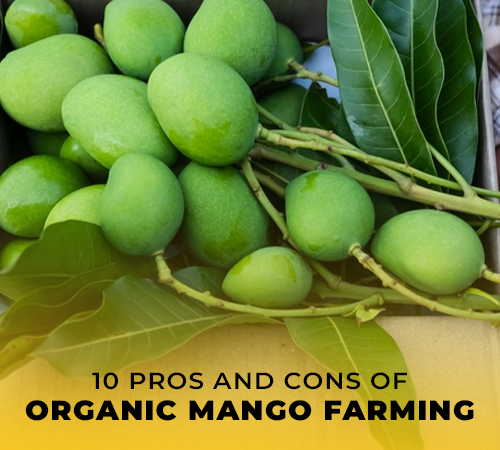Indian farmland leasing is becoming more and more popular among both buyers and farmers. It gives you more freedom and requires less money to get into the farming business. Leasing farmland has a lot of benefits, whether you're a small farmer who wants to grow your business or an investor who wants to make money off of India's strong farming economy. But it's important to know all the legalities and other factors that come into play before signing a lease deal.

Farmland leasing is the process of leasing farmland from a landlord for a specific period of time. The person who leases the land agrees to pay the owner rent in exchange. This method allows people and businesses to use farmland instead of purchasing it outright, which can be expensive and time-consuming.
If you want to lease farmland instead of buying it, you can save money on the initial purchase. Additionally, renters have the freedom to relocate or expand their businesses without any ownership restrictions. The Indian government has promoted land lease as a means to boost agricultural productivity, enhance farming efficiency, and simplify land acquisition for farmers.
There are different types of leasing agreements for farmland in India:
Fixed-Term Lease: A fixed-term lease agreement specifies a time period for renting the land, which commonly ranges from 3 to 10 years. Rent payments, land use, and other conditions are all clearly stated terms.
Annual Lease: Under an annual lease arrangement, the tenant rents the land for one year at a time. This arrangement offers flexibility, but it may not be appropriate for long-term agricultural operations.
Sharecropping is a historic form of leasing in which the tenant farms the land and shares a portion of the crop with the landlord as payment. Sharecropping can be beneficial for small-scale farmers, but it requires confidence and understanding between the landlord and the tenant.
Lease with opportunity to purchase: In some circumstances, landowners give renters the opportunity to buy the land after a particular time period. This form of agreement is perfect for folks who want to someday own land but need time to save for it.
Land Quality and Soil Health: It is important to look at the quality of the land before signing a deal. For the crops you want to grow, check to see if the earth is fertile and if there is enough water. You can ensure the land is suitable for farming by conducting soil tests, gathering information on watering techniques, and keeping a record of past crops.
Legal Considerations: Understanding the legal status of the land is crucial. Make sure that the person who owns the land has clear and undisputed ownership of it. Additionally, determine whether there are any legal issues or liens on the land that require resolution. A valid title deed should be present, and a lawyer should review the lease agreement to ensure its accuracy.
Lease Duration and Terms: Lease agreements in India typically range from 3 to 10 years. A longer lease duration provides stability for tenants, especially when investing in long-term crops. It is important to have clear terms regarding rent, payment frequency, responsibilities, and rights, such as who will bear the cost of land improvements or repairs.
Government Regulations: State rules, which vary depending on the area, govern the leasing of land in India. There may be state-specific restrictions on how much land can be rented or charged. To stay out of trouble with the law, you should learn about the area rules for farming and renting out land.
Rent and Payment Structure: The location, soil quality, and desired crops determine the rent for farmland. You may choose to pay the rent in cash or in kind, such as a share of the harvest. Make sure you can agree on a fair rent rate that fits with how much money you expect to make from the crops you want to grow.
Landowner Expectations: Maintaining communication with the landowner is crucial to ensure a successful lease agreement. Discover their preferences, including the permitted crop types, the management of the land, and any potential restrictions. A relationship that is beneficial for both people will make sure that everyone is pleased with the plan.
Water Access and Irrigation: Water is an important resource for farming, and you need to be able to reliably get to it when you rent farms. Ensure that the land has a reliable water source, such as a natural river or pond, or an irrigation system. The quantity of water available can significantly influence the success of your expanding business.
Lower Investment and Financial Risk: Leasing farms necessitates less upfront money than purchasing land. This makes it an appealing choice for individuals or enterprises who wish to enter the agricultural industry but lack the necessary cash for land acquisition. You can lower your financial risk by leasing farmland and still get the benefits of its output.
Flexibility: Leasing allows you to experiment with different crops or agricultural techniques without the long-term commitment of land ownership. You can scale operations according to performance and market conditions.
Access to Fertile Property: Leasing allows you to obtain premium agricultural property in areas with better soil quality and climate conditions for certain crops. This allows you to cultivate high-value crops that would not be possible on your own land.
Increased output: When you lease land, you can devote your resources to better farming practices and increased output. With a comprehensive grasp of the land's potential, you can increase yields and profitability over time.
Leasing property has a lot of benefits, but it also has some problems. Problems can arise for tenants when the lease terms aren't clear, when there are disagreements over rent, or when farming methods vary. In some places, the way people traditionally lease land can make talks more difficult. Landowners could also change their minds about the lease or raise the rent, which would make things less stable in the long run.
In India, renting property is a unique way for farmers and investors to get involved in farming without having to worry about owning land. But it's important to think carefully about the quality of the land, the laws that apply, the lease terms, and the state of the market before making a decision. Leasing farmland can be a satisfying and profitable business if you know how it works and can negotiate fair terms. Farmland leasing is a flexible and cost-effective way to get land in India's changing agricultural environment, whether you want to grow crops, invest in agriculture, or support sustainable farming practices.
